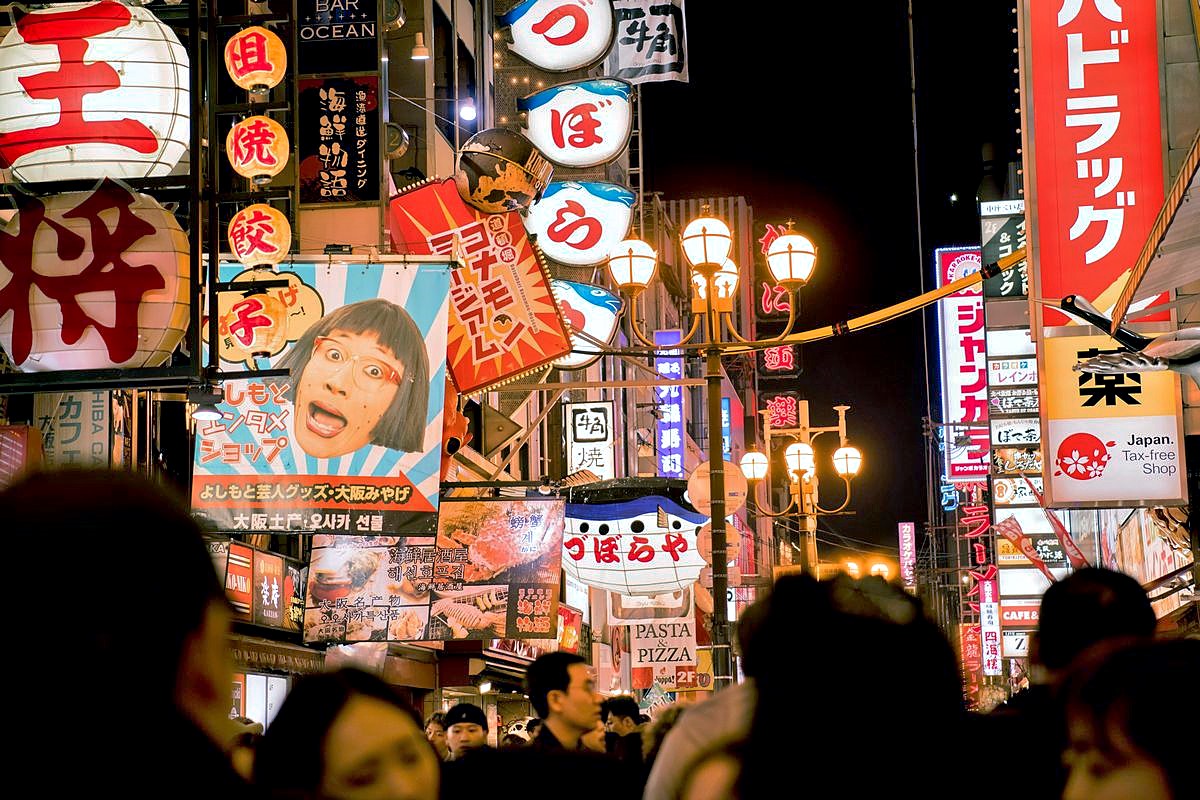🌐 A Warm Welcome, but Hints of Discord
As the world watched, the highly anticipated visit of Japanese Prime Minister Fumio Kishida to Washington, D.C., on April 10th, 2024, unfolded with a mix of diplomatic fanfare and subtle undercurrents of tension. 🇯🇵🤝🇺🇸 While the visit marked the first time in nine years that a Japanese leader was accorded the prestigious status of a state guest, the reception at the airport raised eyebrows and sparked a flurry of online discussions.
Instead of high-ranking U.S. officials, it was the American ambassador to Japan who greeted Kishida upon his arrival, a gesture that left Japanese netizens feeling slighted and questioning the true extent of the “highest-level treatment” promised by the U.S. administration. 🧐 The muted reception stood in stark contrast to the grand welcomes extended to leaders from France, India, and Albania, who had previously visited as state guests.
🕵️♀️ Decoding the Diplomatic Undercurrents
As the dust settled on the airport incident, whispers of deeper rifts between the two nations began to circulate. 🗣️ Analysts and pundits speculated that the lukewarm greeting could be a subtle message from the U.S., reflecting underlying tensions over Japan’s reluctance to deploy its Self-Defense Forces to the Philippines, a move that would align with Washington’s broader regional strategy.
The deployment issue highlighted the delicate balance Japan must strike between its pacifist constitution and the expectations of its powerful ally. ⚖️ With Kishida’s approval ratings hovering at a meager 23% and disapproval rates reaching 58%, according to an NHK poll, the prime minister’s attempt to bolster his domestic standing by aligning with the U.S. appeared to backfire, at least initially.
🌉 Bridging the Divide: Shared Priorities and Challenges
Despite the diplomatic hiccups, both nations recognized the importance of strengthening their alliance in the face of shared challenges and evolving global dynamics. 🌍 The talks between Kishida and President Biden were expected to cover a wide range of critical issues, including:
- 🛡️ Enhancing defense cooperation and upgrading Japan’s security role in the region
- 🚀 Integrating missile defense systems and establishing a trilateral air defense network with Australia
- 🌑 Collaborating on space exploration, with the announcement of a Japanese astronaut participating in a NASA lunar mission
- 🔬 Joining forces in the technological race, particularly in areas like semiconductors and quantum computing, to counter China’s advancements
However, the thorny issue of U.S. plans to deploy intermediate-range missiles in the Asia-Pacific region loomed large, with Japan reportedly hesitant to host such systems on its soil, fearing potential retaliation from China. 💥
🚄 The Bullet Train Proposal: Fact or Fiction?
Adding to the intrigue, reports emerged about discussions surrounding a high-speed rail project connecting Dallas and Houston in Texas, dubbed the “Texas Bullet Train.” 🚅 Reuters claimed the project, estimated to cost between $25 billion and $30 billion, would be announced during Kishida’s visit, prompting skepticism and confusion.
Experts questioned the feasibility of the federal government unilaterally deciding on a project within a single state, particularly one governed by a Republican administration, raising doubts about the credibility of the reports. 🤨 Japan’s reluctance to commit to the purported investment further fueled speculation about the authenticity of the proposal.
🌐 Navigating the Complexities of a Global Alliance
As the visit unfolded, it became increasingly clear that the U.S.-Japan alliance, while crucial for both nations, was navigating a complex web of intersecting interests, conflicting priorities, and evolving power dynamics. 🕸️ The diplomatic tango between the two nations highlighted the intricate balancing act required to maintain a strong partnership while safeguarding national interests and sovereignty.
Despite the challenges, the enduring bonds forged through decades of cooperation and shared values remained a solid foundation upon which to build a future of mutual understanding and collective prosperity. 🌉 As the world watched with bated breath, the outcomes of this pivotal diplomatic encounter would undoubtedly shape the trajectory of global affairs for years to come.
Copyright © 2025 Hea1th.net

